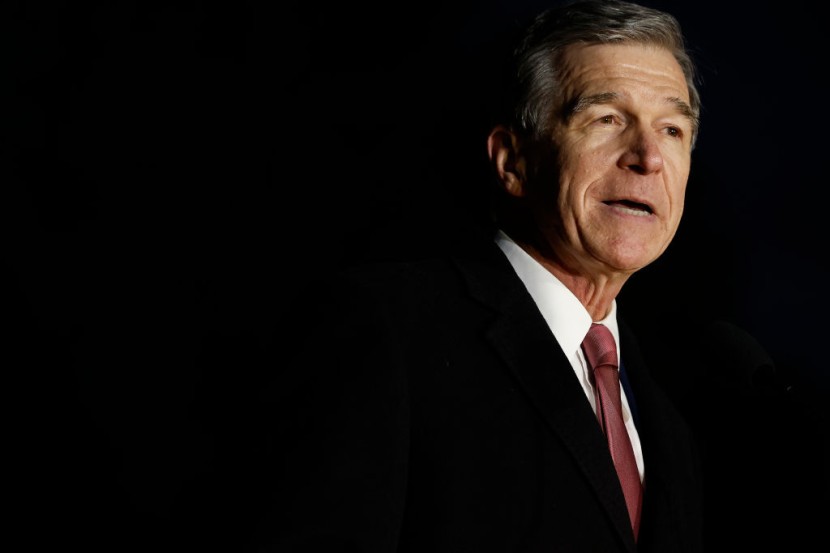
North Carolina's Republican-controlled legislature passed sweeping new election regulations on Tuesday, which were immediately challenged in court by Democrats and voting rights organizations.
North Carolina Governor Roy Cooper vetoed the bills earlier this year, stating in a statement that they make it more difficult to register, but Republicans have a legislative supermajority and voted to override his vetoes, as per to CNBC News.
North Carolina's Controversial Election Bills
The two bills in question are expected to impact the state's election process in 2024 substantially. However, legal challenges are anticipated and could delay or block the implementation of specific provisions. One of the bills, Senate Bill 749, is of particular concern to advocates as it alters the composition of both state and local election boards.
These five-person boards are crucial in overseeing democratic operations and certifying election results. County boards are responsible for registering voters, operating polling sites, and counting ballots, while the state board appoints individuals to and supervises these local boards.
Under the existing system, all election boards are controlled by the governor's party, with nominations made by state parties and appointments by the governor. However, the new legislation completely removes the governor from the appointment process.
Instead, it establishes state and local boards that are evenly divided between the two major political parties, with members appointed by state legislative leaders. Supporters of the bill argue that it depoliticized the election administration process.
Still, experts warn that it may lead to a nightmarish scenario of deadlocked election boards, making it difficult to carry out essential election administration tasks, according to CNN News.
Read Also: Honoree Fleming Case: Former Vermont University Dean Shot Dead Near Campus; Who's the Suspected Killer?
North Carolina's Voting Restrictions
The bill needs to adequately address what would happen when election boards cannot reach a consensus on administration or result certification matters.
Governor Cooper expressed his concerns when vetoing the bill: "The legislative takeover of state and local elections boards could doom our state's elections to gridlock and severely limit early voting.It also creates a grave risk that Republican legislators or courts would be empowered to change the results of an election if they don't like the winner. That's a serious threat to our democracy."
Of particular concern to advocates and Democrats is the bill's potential impact on early voting. If county or state election boards fail to approve early voting sites and schedules by state law, early voting may only occur at the county board of elections office.
This could leave hundreds of thousands of voters with only one early voting option in populous counties. The second bill, Senate Bill 747, introduces a range of new voting restrictions in North Carolina. These include a ban on drop boxes and most private funding for elections.
Additionally, the bill shortens the deadline for mail ballots to be received by election officials by three days. In the 2020 election, such a rule change would have resulted in the rejection of 11,000 votes.
The debate over these bills underscores the broader divisions in American society and the challenges of balancing election integrity with access to the ballot.
As North Carolina prepares for the next presidential election, the consequences of these legislative changes will likely be hotly contested and closely watched by advocates, lawmakers, and legal experts, Fox The Washington Post.
Related Article: Las Vegas Teachers' Union Files Lawsuit Over Nevada's Anti-Strike Law
© 2025 HNGN, All rights reserved. Do not reproduce without permission.








